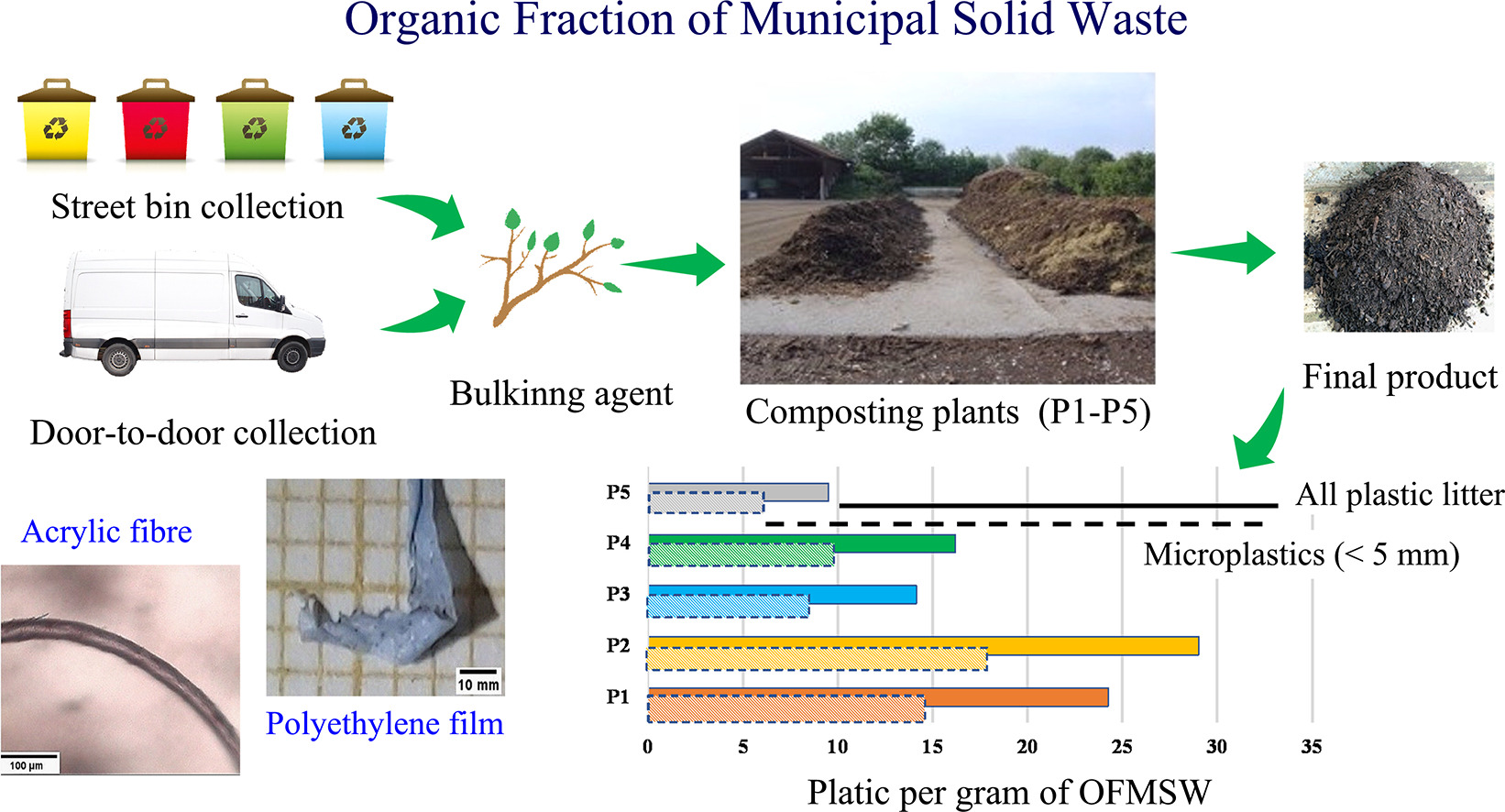
The latest news from the world of Bioplastics
Spain: New study confirms that compostable plastics biodegrade
External source
A newly released research study assessed the presence of plastics in final compost. Analysing samples of produced compost from five existing Spanish industrial composting plants. The study reports on the type and amount of plastics remaining after the compost process. The evaluation results showed that unlike conventional plastics, no compostable plastic (certified EN13432) could be found in the final compost samples. In the final compost 10 to 30 fossil based and non-compostable plastic items were found per gram of compost.
The study titled Microplastics identification and quantification in the composted organic fraction of municipal solid waste, was released in November 2021, by researchers from University of Alcala and Universidad Autonoma de Madrid. As reported by the authors, Carlos Edo, Francisca Fernández-Piñas and Roberto Rosal: “No debris from compostable bioplastics were found in any of the samples, meaning that if correctly composted their current use does not contribute to the spreading of anthropogenic pollution”.
It was also demonstrated that the collection system has an impact on plastic contamination. A door-to-door collection system with compostable bags allows a lower contamination of the final compost.
It is the third academic research to confirm that compostable plastics reduce compost contamination. Previous studies were released by the Witzenhausen Institute in Germany, and the Wageningen University in the Netherlands. The last concluded that compostable plastics break down in less than 22 days in industrial composting facilities.
Graphical abstract





